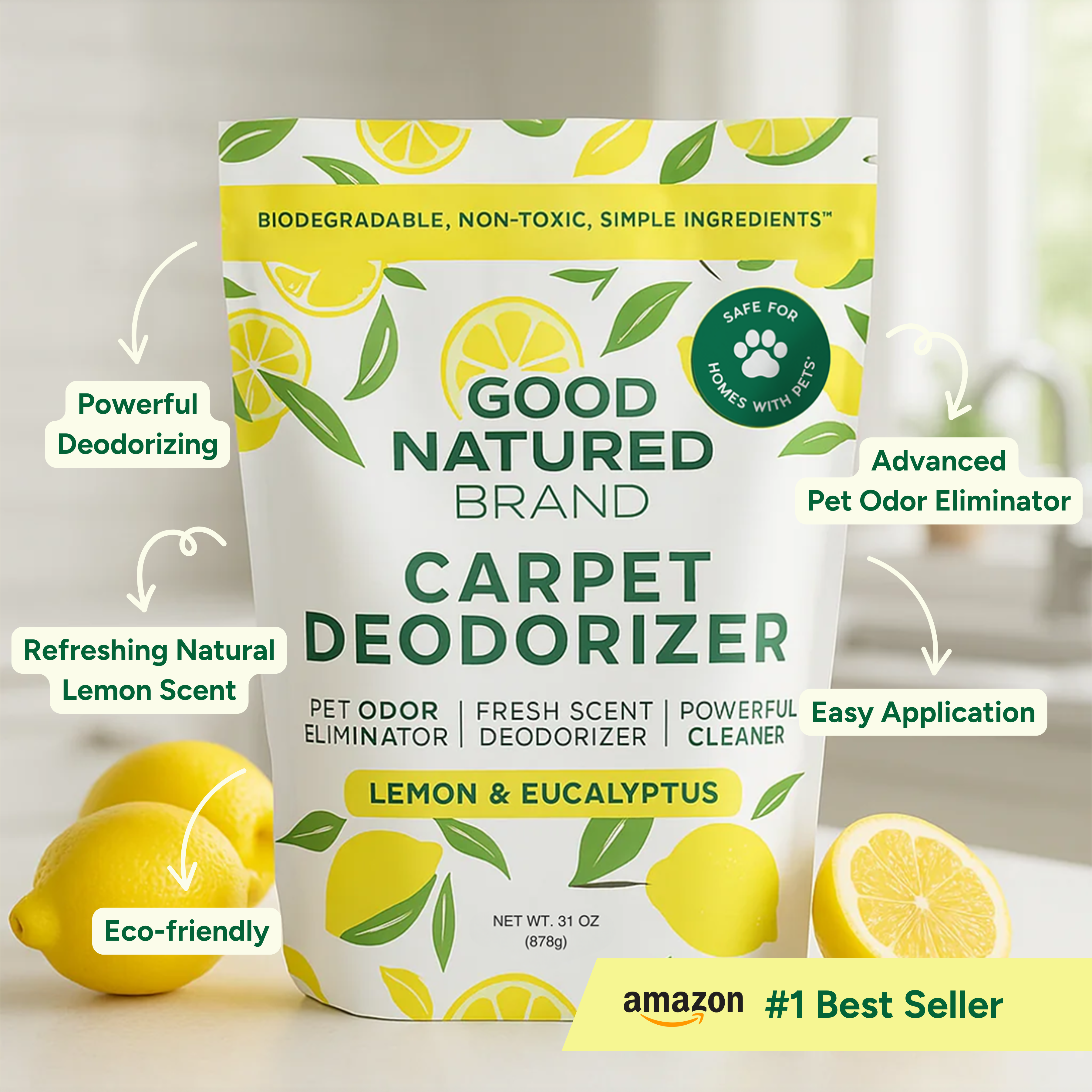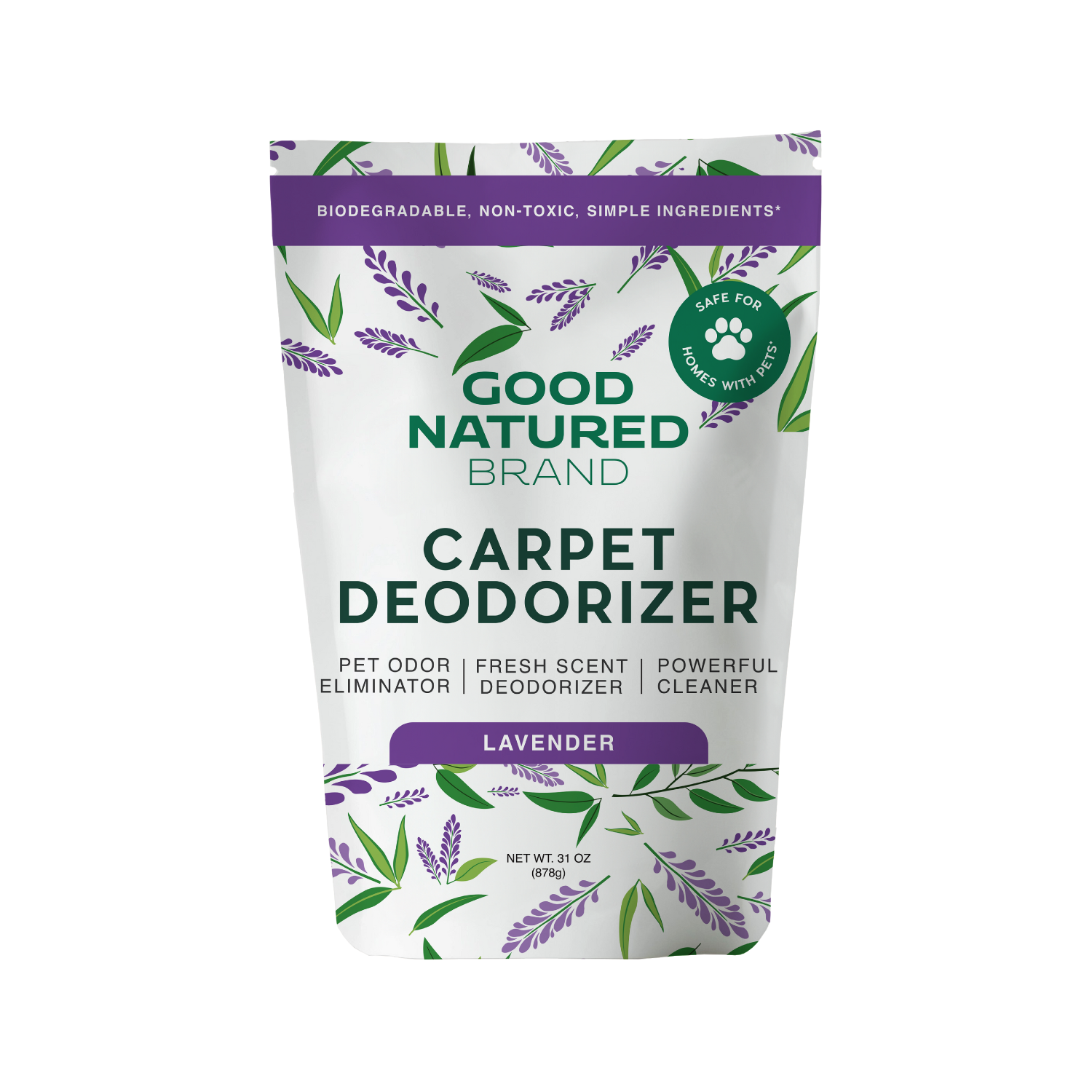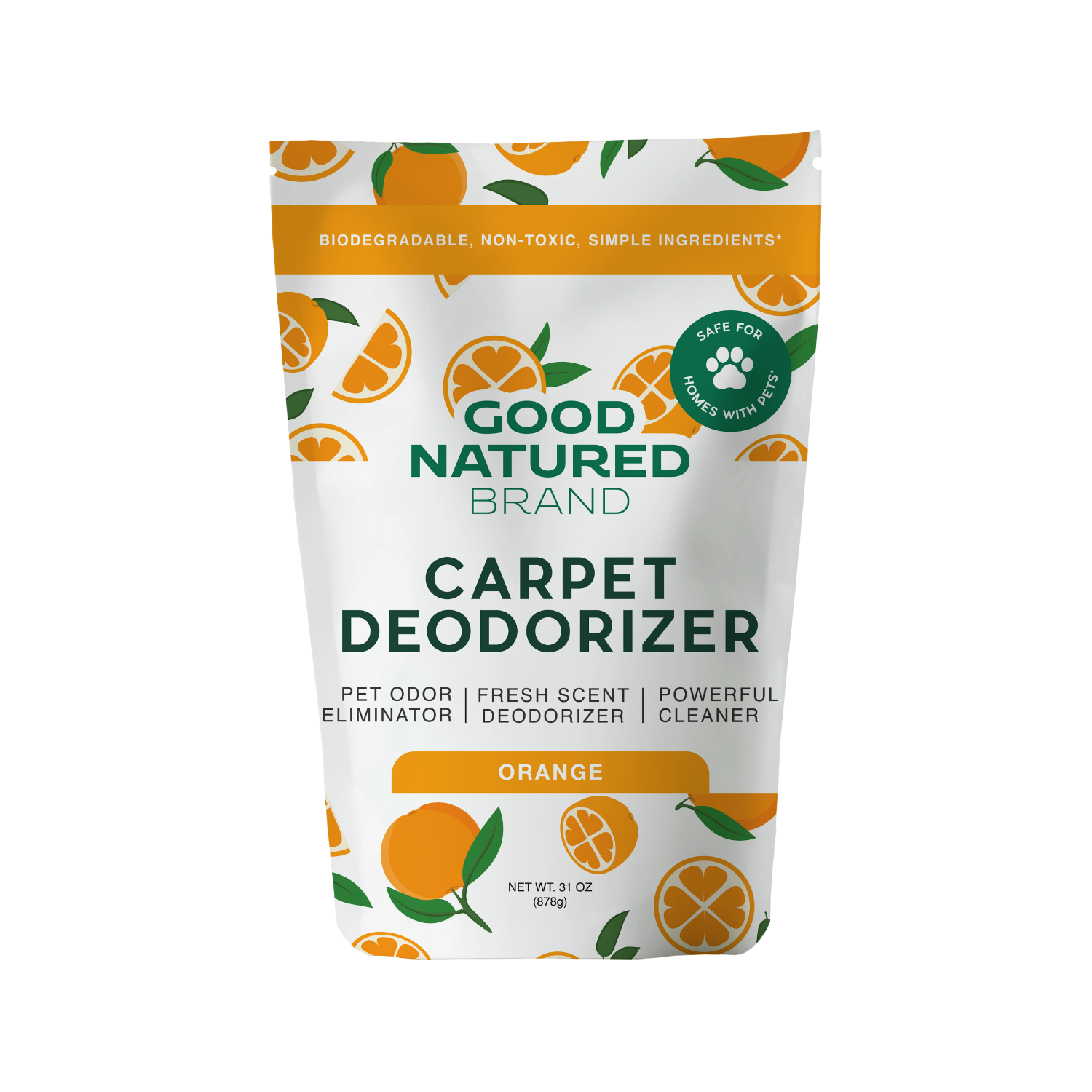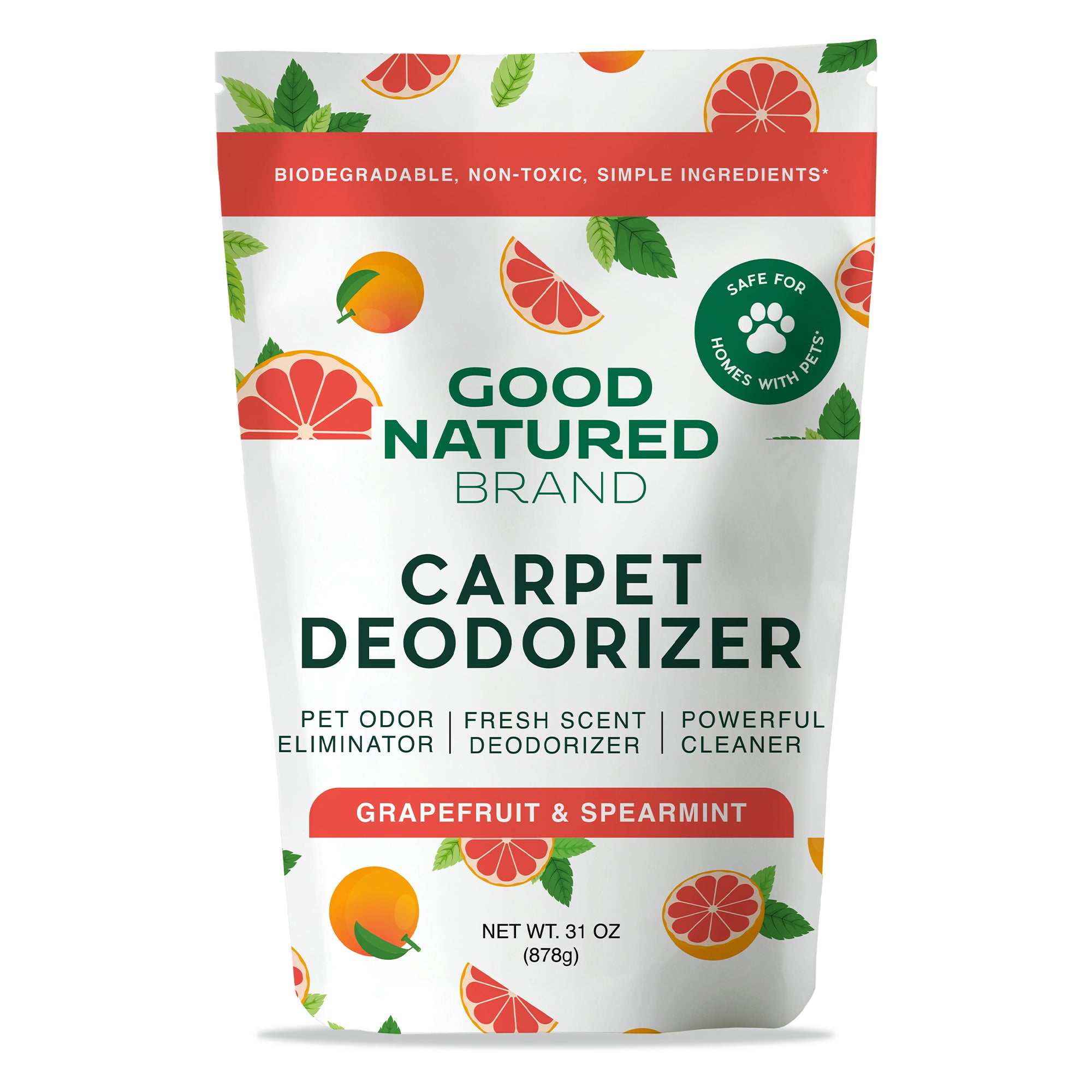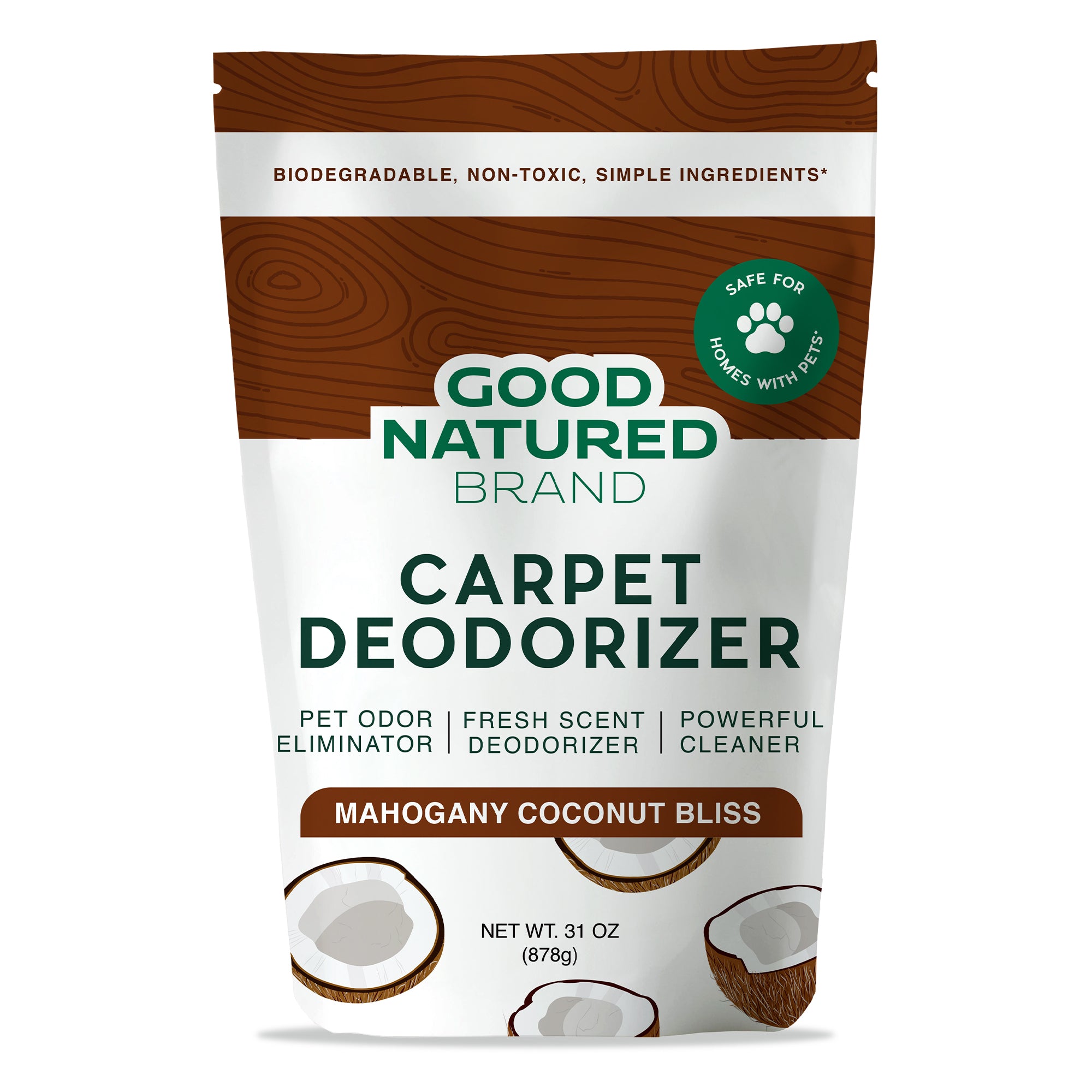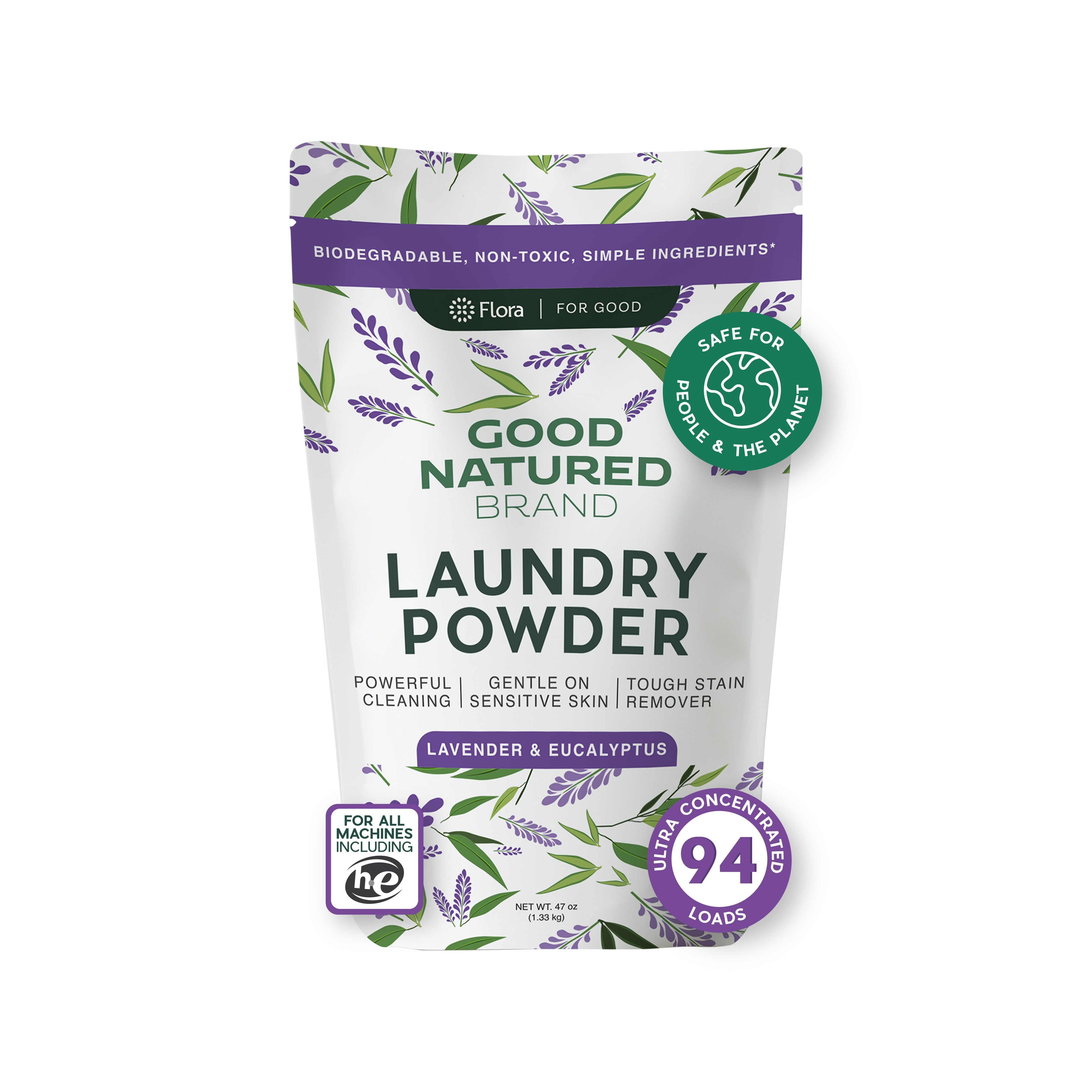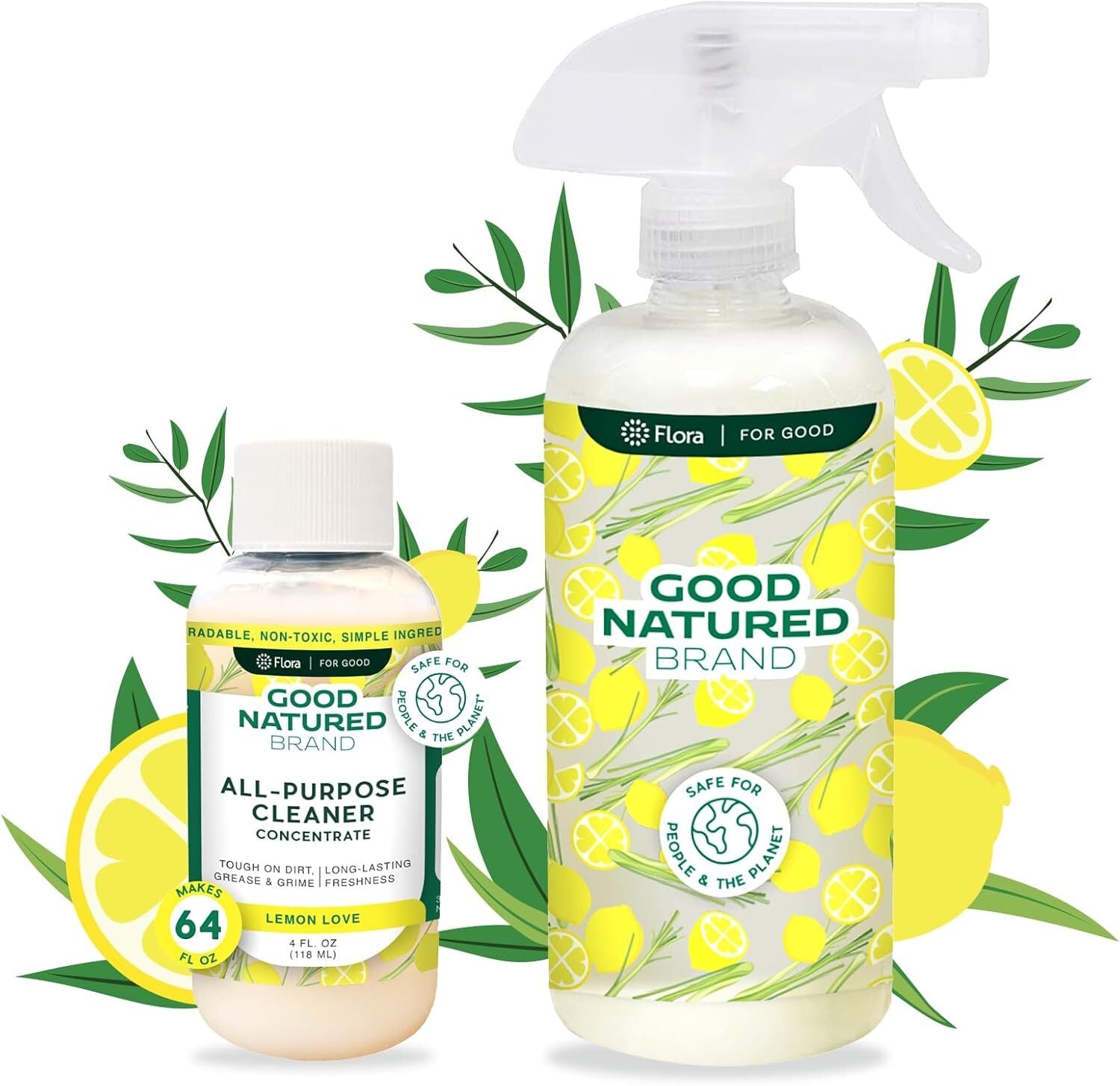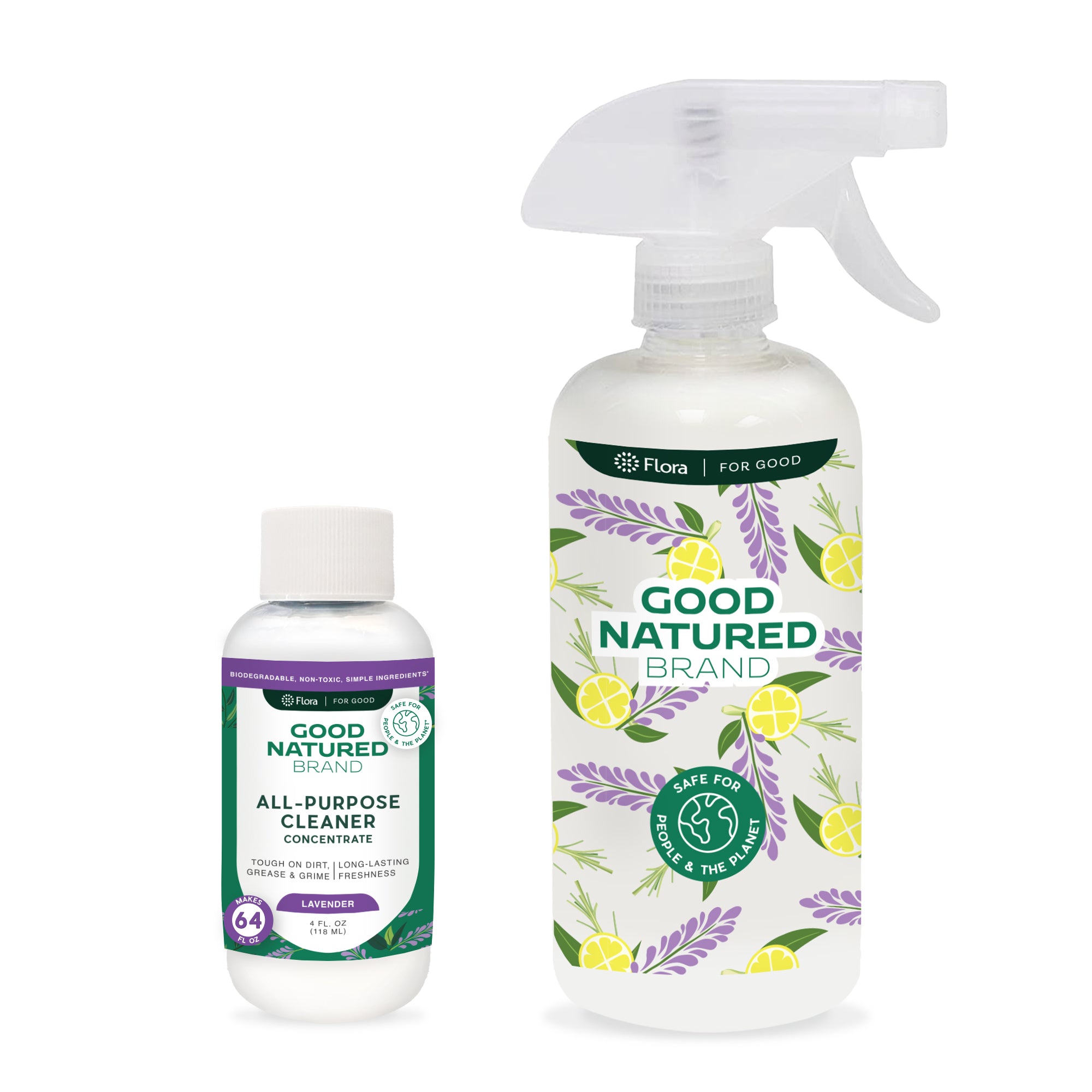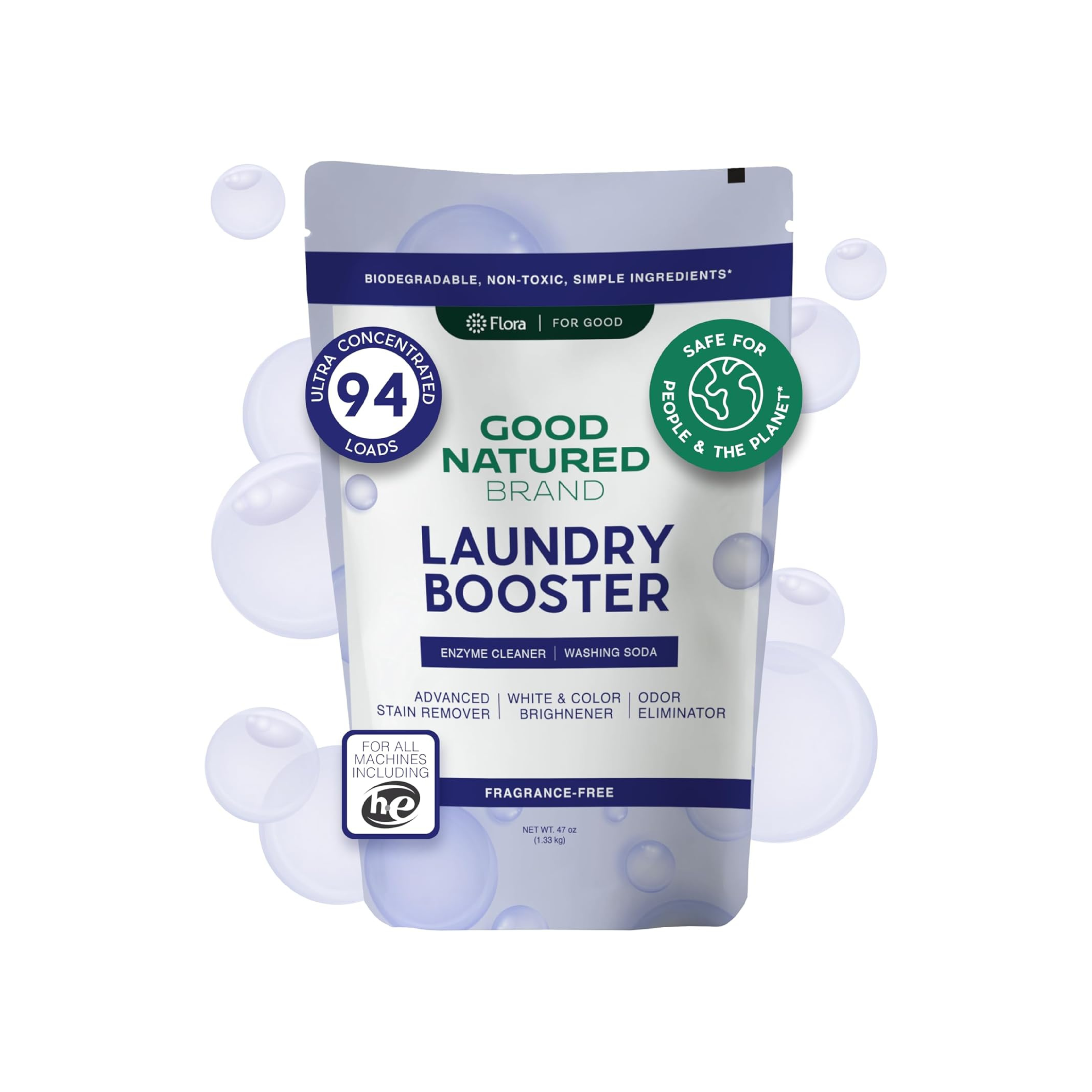Introduction: Why Understanding Your Dog’s Nutritional Needs Matters
Feeding your dog may seem straightforward—fill the bowl, add some kibble, and call it a day. But just like humans, dogs require a carefully balanced diet tailored to their age, breed, activity level, and specific health needs. Understanding your dog’s nutritional needs is essential for supporting their long-term health, energy, and overall quality of life.
A well-balanced diet affects everything from your dog’s immune system to their digestion, skin, coat, and even their mood. Making informed choices about what goes into their bowl helps prevent chronic illnesses, obesity, and common nutrient deficiencies. At Good Natured Brand, we believe that caring for your pet’s health begins with clean, natural habits—from the food they eat to the environment they live in. Explore more on our blog for holistic pet wellness insights.
What Are a Dog’s Basic Nutritional Needs?
Dogs need six essential nutrient groups in their daily diet to maintain optimal health: proteins, fats, carbohydrates, vitamins, minerals, and water. Each plays a unique role in your dog’s well-being.
Protein
Proteins provide the building blocks for muscle development, tissue repair, immune function, and more. Quality sources include meat, poultry, fish, and eggs. Puppies, working dogs, and nursing mothers need even higher protein intake to support their energy demands.
Fat
Fats are a vital energy source and help absorb fat-soluble vitamins like A, D, E, and K. They also promote healthy skin and a shiny coat. Look for healthy fats from fish oil, flaxseed, and chicken fat.
Carbohydrates
Though not essential in high amounts, carbs provide quick energy and are a source of dietary fiber. Sweet potatoes, brown rice, and oats are commonly used in quality dog foods to support digestion.
Vitamins and Minerals
Micronutrients are critical for bone development, nerve function, metabolic processes, and more. Calcium, phosphorus, potassium, and vitamins A, B-complex, C, and D must be appropriately balanced to avoid deficiencies or toxicities.
Water
Water is the most important nutrient. Dehydration can quickly lead to serious health issues, even if your dog’s food is otherwise perfect.
A truly complete diet accounts for all these nutrients in the right proportions, not just calorie count. Reading ingredient labels and understanding food quality is the next step in proper feeding.
How Life Stage Affects Your Dog’s Nutritional Needs
Your dog’s age plays a major role in determining their nutritional requirements. Just like babies and seniors eat differently than adults, dogs need age-appropriate diets to stay healthy.
Puppies
Puppies need calorie-dense, protein-rich food to support rapid growth and development. Their meals should also contain DHA (a fatty acid found in fish oil) for brain development. Feeding schedules may include 3–4 small meals per day.
Adult Dogs
Adult dogs require a maintenance diet with balanced proteins, fats, and carbs. Active breeds need more calories than more sedentary ones, so it’s essential to consider your dog’s lifestyle.
Senior Dogs
As dogs age, their metabolism slows down. They may benefit from diets lower in fat but higher in fiber and joint-supporting nutrients like glucosamine and chondroitin. Senior diets may also include easily digestible proteins and fewer calories.
Switching your dog’s diet as they age helps reduce the risk of obesity, joint issues, and age-related diseases. Consult with your vet during major life stage transitions for guidance on adjusting portion sizes and ingredients.
Breed, Size, and Activity Level: Customizing Your Dog’s Diet
Not all dogs are built the same—and their nutritional needs reflect that. Tailoring your dog’s diet to their breed, size, and activity level can help them perform and feel their best.
Small Breeds
Smaller dogs have fast metabolisms and often require more calories per pound than larger breeds. Look for small-bite kibble that’s nutrient-dense and easy to chew.
Large Breeds
Large breeds grow more slowly and are prone to joint problems. They need controlled calcium and phosphorus levels to avoid developmental issues. A diet with joint-support ingredients like glucosamine is ideal.
Active and Working Dogs
Highly active breeds (like Border Collies or Labrador Retrievers) need energy-rich food with higher fat and protein content to maintain muscle and stamina.
Sedentary or Overweight Dogs
Less active or overweight dogs benefit from a calorie-controlled diet that is lower in fat and higher in fiber to promote satiety and support healthy weight loss.
Always evaluate your dog’s activity level and adjust their food portions accordingly. Feeding active dogs too little—or inactive dogs too much—can result in long-term health consequences.
Recognizing Signs of Poor Nutrition
One of the most important aspects of understanding your dog’s nutritional needs is knowing how to spot red flags that something isn’t right.
Common Signs of Nutritional Imbalance:
-
Dull or flaky coat
-
Excessive shedding
-
Itchy or irritated skin
-
Chronic diarrhea or vomiting
-
Lethargy or lack of interest in activity
-
Excessive weight gain or weight loss
-
Frequent infections or immune issues
-
Bad breath, dental issues
If you notice any of these symptoms, it's time to reassess your dog’s diet and consult your vet. Nutritional problems can often be corrected with better food quality, proper portioning, or supplementing key vitamins or minerals.
In some cases, the issue may be environmental. For example, sensitivities or allergies could be aggravated by chemical-laden cleaning products. Keeping your home toxin-free by using natural All-Purpose Cleaners and maintaining fresh bedding washed with Laundry Powders can help reduce allergic responses.
How to Read Dog Food Labels Accurately
Food packaging can be confusing, and marketing claims often don’t reflect the nutritional quality of the product. Learning to decode dog food labels is key to making informed decisions.
Key Things to Look For:
-
Named protein source: e.g., “chicken meal” is better than “meat meal”
-
Whole food ingredients: Look for recognizable names like salmon, brown rice, or carrots
-
Guaranteed analysis: Shows percentages of protein, fat, fiber, and moisture
-
AAFCO statement: Indicates the food meets established standards for a complete and balanced diet
Ingredients to Be Cautious About:
-
By-products or vague meat sources
-
Artificial preservatives like BHA, BHT
-
Artificial colors or sweeteners
-
Corn, wheat, and soy fillers (if your dog has sensitivities)
If your dog is having persistent digestive or skin issues, it may be worth switching to a more natural, limited-ingredient formula or home-cooked meals.
At home, ensure your dog’s food prep and feeding areas are kept clean with safe All-Purpose Cleaners. Crumbs, oils, and bacteria can build up on floors and feeding mats, affecting your pet’s health. After meals, refresh the feeding area with a pet-safe Carpet Deodorizer to neutralize lingering odors.
Homemade vs Commercial Dog Food: What’s Right for Your Dog?
When evaluating your dog’s diet, one of the most common questions pet parents ask is whether homemade or commercial food is better. Both approaches have benefits—and drawbacks—so the best choice depends on your dog’s specific needs, your lifestyle, and your ability to maintain consistency and balance.
Homemade Dog Food
Preparing your dog’s meals at home allows full control over the ingredients and quality. It can be beneficial for dogs with allergies or special dietary requirements. However, homemade food must be nutritionally balanced, which often requires consulting a veterinary nutritionist or using pre-formulated recipes with added supplements.
Commercial Dog Food
High-quality commercial dog foods are formulated to meet nutritional standards set by the AAFCO. When chosen carefully, these foods offer convenience and balance. Look for options with whole food ingredients, real protein sources, and minimal artificial additives.
Whether you go homemade, commercial, or a combination of both, the key is to ensure your dog’s diet provides all essential nutrients in appropriate proportions for their age, breed, and activity level.
Feeding Schedules: How Often and How Much Should You Feed Your Dog?
Establishing a consistent feeding schedule is just as important as choosing the right food. Overfeeding or irregular meals can lead to obesity, digestive issues, and behavioral problems.
Scheduled Feeding
Most adult dogs do well with two meals per day—morning and evening. Puppies may need 3–4 meals until they’re old enough for adult feeding routines. Scheduled meals help with digestion, predictability, and portion control.
Portion Sizes
Use the feeding guidelines on your dog food’s label as a starting point, then adjust based on your dog’s weight, energy level, and condition. Measure meals with a standard scoop or kitchen scale to ensure accuracy.
Monitor Body Condition
Regularly assess your dog’s body condition by checking for a defined waist and ribs you can feel (but not see). Adjust portions as needed and consult your vet if you’re unsure.
Avoid free-feeding, where food is left out all day, unless directed by a veterinarian. It can lead to weight gain and make it harder to monitor food intake.
Supplements and Functional Ingredients for Optimal Health
In some cases, even a well-balanced diet may benefit from targeted supplements. These can help with specific health concerns or support general wellness in aging or active dogs.
Common Beneficial Supplements:
-
Omega-3 fatty acids: Support skin, coat, joints, and brain health
-
Glucosamine & chondroitin: Help with joint function and arthritis in older dogs
-
Probiotics: Promote healthy digestion and immune system balance
-
Fiber (e.g., pumpkin or psyllium husk): Aids in digestion and regularity
-
Multivitamins: Can be helpful in home-cooked or limited-ingredient diets
Choose Quality Products
Look for pet-specific supplements made from natural, non-GMO ingredients. Avoid human-grade products unless approved by your vet.
Supplements are most effective when paired with a clean environment. Keep supplement containers, bowls, and storage areas free of spills or residue using a non-toxic All-Purpose Cleaner.
Hydration and Its Role in Dog Nutrition
Water is often overlooked in conversations about nutrition, but it’s essential for nearly every biological function—from digestion to circulation and waste elimination.
How Much Water Do Dogs Need?
A general rule: dogs need about one ounce of water per pound of body weight daily. This amount increases in hot weather, with exercise, or when eating dry food.
Signs of Dehydration:
-
Dry gums
-
Lethargy
-
Sunken eyes
-
Loss of skin elasticity
Make sure fresh, clean water is always available. Change it daily and clean bowls regularly with a pet-safe All-Purpose Cleaner to prevent bacterial buildup.
If your dog tends to be a picky drinker, try:
-
Adding water or low-sodium broth to dry food
-
Using a pet fountain for continuous circulation
-
Offering ice cubes as treats
Hydration is a cornerstone of health—and easy to overlook if you’re focused solely on food.
Feeding Your Dog in a Clean and Safe Environment
Your dog’s feeding area plays a big role in their overall well-being. Bowls, mats, and even the surrounding floors can harbor bacteria, odors, and allergens if not cleaned regularly.
Clean Food and Water Bowls Daily
Use a non-toxic All-Purpose Cleaner to scrub bowls and feeders, especially if they hold wet or raw food. Stainless steel and ceramic bowls are easier to sanitize than plastic, which can trap bacteria in scratches.
Wash Feeding Mats and Towels
Any mats, placemats, or towels under your dog’s bowls should be laundered regularly using Laundry Powders that are free from synthetic fragrances and harsh chemicals. This helps prevent skin irritation and allergen buildup near where your dog eats.
Keep the Feeding Area Odor-Free
Especially if your dog eats raw food or tends to make a mess while eating, odors can linger. Freshen up the space with a natural Carpet Deodorizer, which absorbs smells and moisture without artificial perfumes that could bother your pet’s sensitive nose.
Creating a clean feeding zone supports not just your dog’s digestion and health, but also the cleanliness of your entire home.
Healthy Treats and Snacks: What’s Safe and What to Avoid
Treats are a wonderful tool for training and bonding, but they should be used mindfully as part of your dog’s total nutritional plan.
Smart Treat Choices
-
Fresh produce: Carrots, blueberries, apple slices (no seeds), green beans
-
Homemade treats: Baked goods using oats, pumpkin, and peanut butter (xylitol-free)
-
Freeze-dried meat: Simple, protein-rich rewards
Foods to Avoid:
-
Chocolate
-
Grapes and raisins
-
Onions and garlic
-
Macadamia nuts
-
Artificial sweeteners (especially xylitol)
-
Fat trimmings or bones that can splinter
Treats should make up no more than 10% of your dog’s daily calorie intake. Always read ingredient labels and avoid those with artificial preservatives or fillers.
Common Myths About Dog Nutrition
There’s a lot of conflicting advice when it comes to feeding your dog. Let’s clear up a few common myths:
Myth: Dogs Are Strict Carnivores
Truth: While dogs are primarily meat eaters, they are technically omnivores. They can benefit from vegetables, grains, and fruits as part of a balanced diet.
Myth: Grain-Free Is Always Healthier
Truth: Some dogs have grain allergies, but for most, grains like brown rice and oats are a good source of energy and fiber. In fact, grain-free diets have recently come under scrutiny for possible links to heart disease.
Myth: Raw Diets Are the Best
Truth: Raw feeding can offer benefits but also carries risks like bacterial contamination and nutritional imbalance. If you choose raw, work closely with a veterinary nutritionist.
Understanding what’s fact and what’s hype helps you make informed, personalized decisions for your dog’s health.
Supporting Natural Pet Wellness Beyond the Bowl
Nutrition is foundational, but your dog’s overall wellness is influenced by many factors—including the cleanliness of their living environment. Chemicals found in conventional cleaners, air fresheners, and detergents can irritate your dog’s skin, lungs, and digestive system.
Creating a pet-safe, natural home supports your dog’s health from the inside out. At Good Natured Brand, our mission is to help you create that environment with:
-
All-Purpose Cleaners that are non-toxic and biodegradable
-
Laundry Powders that cleanse without synthetic scents or irritants
-
Carpet Deodorizers that keep pet areas fresh naturally
For more natural living ideas, visit our blog and main website, where you’ll find thoughtful tips, recipes, and pet-friendly product recommendations.
Final Thoughts: Making Informed, Natural Choices for Your Dog’s Nutrition
Understanding your dog’s nutritional needs is one of the most powerful ways to care for them. A well-balanced, tailored diet combined with mindful feeding routines and a safe, chemical-free environment contributes to a longer, healthier, and more joyful life for your pet.
Nutrition doesn’t have to be complicated—but it should be intentional. Focus on whole ingredients, clean habits, and your dog’s individual needs. With a little effort and a lot of love, you can provide everything your dog needs to thrive.
And remember: wellness goes beyond the bowl. Explore Good Natured Brand to discover how our natural products help you support your dog’s health every day—starting with the floors they walk on, the blankets they sleep in, and the spaces they call home.
